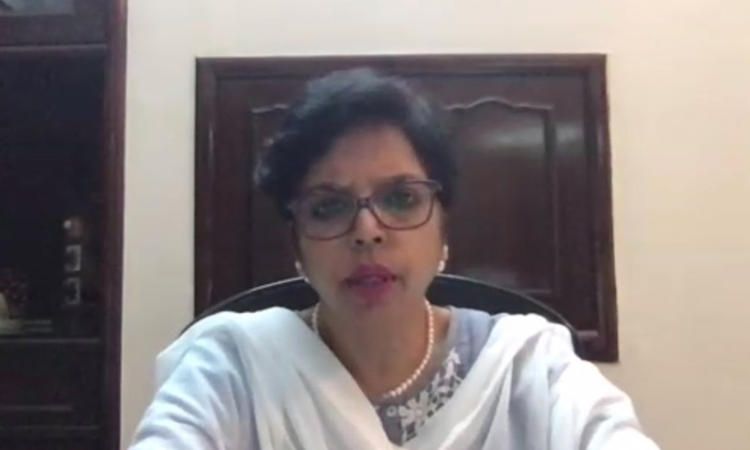We Have Not Reached The Point Where Men Need Protection From Women: Justice Hima Kohli
Radhika Roy
11 Jun 2020 11:14 AM IST

"In our society, we haven't reached the point where men have needed protection from women. If there comes a time that women have an upper hand, then we will come to amending the laws. I am not saying that there is no misuse. But, this cannot be a ground to throw out the law. We can do as much as we can to nip the misuse at the bud. However, there is no denying that the power structure is in favour of men.", Justice Hima Kohli said.
Next Story


